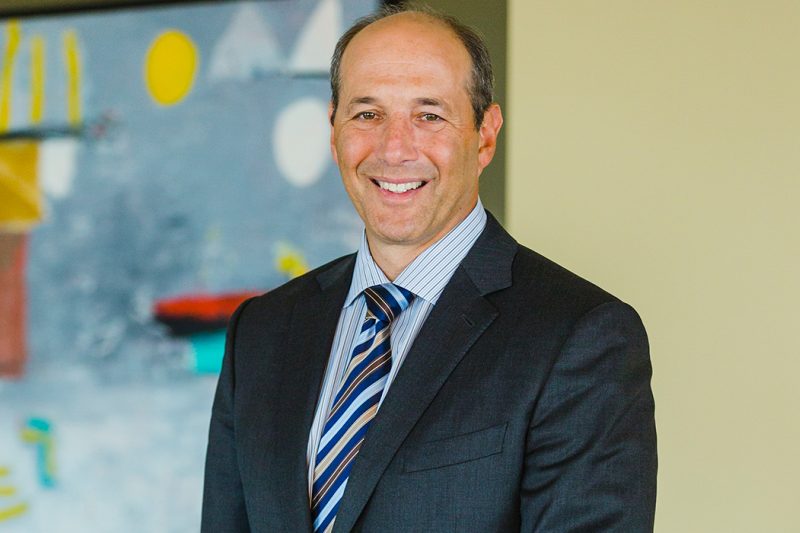Get the latest news
Subscribe to receive updates from the School of Data Science.

Abstract: Twenty years ago, the advent of digital technologies seemed to be the perfect tool to complete what Frances Fukuyama had called the "end of history"; the democratization of all nations. While nations would still clash, the debate over the best form of government would end. Democracy was already ascendent but it would be irresistible once all human knowledge was available to all people at any time through free searches on pocket-sized devices which could then be rapidly fact-checked, and used to hold leaders accountable. The so-called Arab Spring in the 2010s was seen, at first, as the fruition of this prophecy, with long-standing authoritarian governments collapsing in rapid succession thanks to Twitter and Facebook campaigns organized by ordinary citizens. But the lessons of that era for dictators, authoritarians, and other enemies of democracy were very different. They recognized that the same tools that empowered democracies could be readily weaponized back against them. In the years that followed, we have witnessed a further weakening of democratic institutions and norms, and increased skepticism about democracy due in part to abuses of technologies from within and without. In the midst of all this turbulence created by misinformation and disinformation, new technologies are rapidly approaching that will have potentially powerful effects on democracies depending on how they are deployed. Although AI, blockchain, quantum computing, and whatever comes next all have the ability to dramatically improve human life and to improve the ability of people to advance self-governance, this is not inevitable. It will depend on the choices we make. AI could further scramble the ability of people to differentiate between truth and fiction or what is public and what is private. Blockchain could facilitate dramatic economic instability and uncertainty in free markets depending upon how it is deployed. And quantum computing could unlock every padlock and security system ever installed in cyberspace. Democracy is messy because human beings are messy, and our digital world won't be any different. But free nations need to work quickly to ensure that the digital world is at least as safe, secure, and manageable as the physical world that we all share. The collaboration between the University of Virginia and Flinders University in Australia -- drawing the best minds from like-minded and trusting democratic nations -- is an important step towards ensuring we avoid the mistakes of the past and restore and strengthen democracy.
Jeffrey Bleich serves as the Chief Legal Officer of Cruise LLC. His legal career has included serving as Special Counsel to President Obama in the White House, Special Master for the U.S. District Courts, court-appointed federal mediator, trial and appellate counsel, adjunct professor of law, and a managing partner of two international law firms. In addition to other legal and business roles, he served as the 24th U.S. Ambassador to Australia from 2009 to 2013. Bleich was a partner for 17 years at Munger, Tolles & Olson LLP, in San Francisco, where he specialized in high stakes technology litigation. In recognition of his service, Bleich has received some of the nation’s top honors, including the highest awards for a non-career ambassador by the U.S. State Department, the U.S. Navy and the U.S. Director of National Intelligence.
Subscribe to receive updates from the School of Data Science.